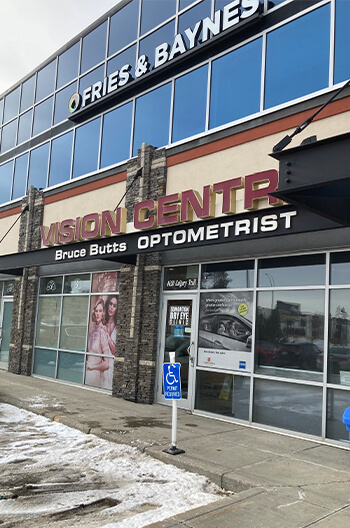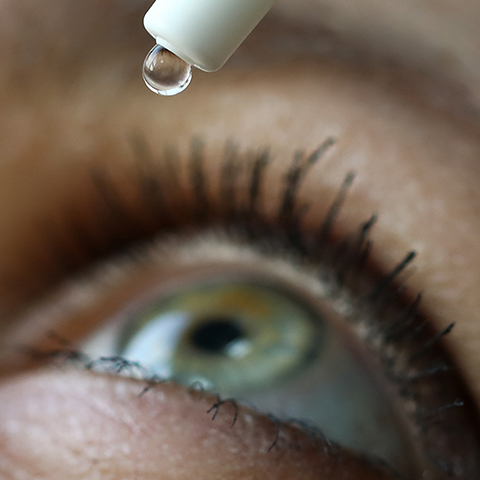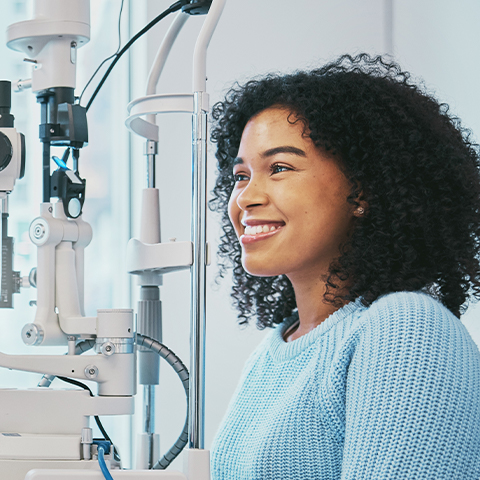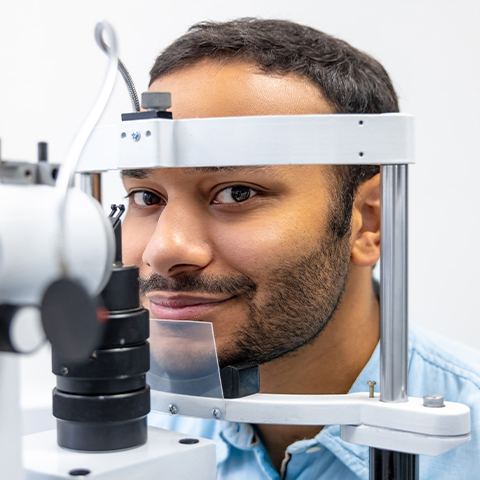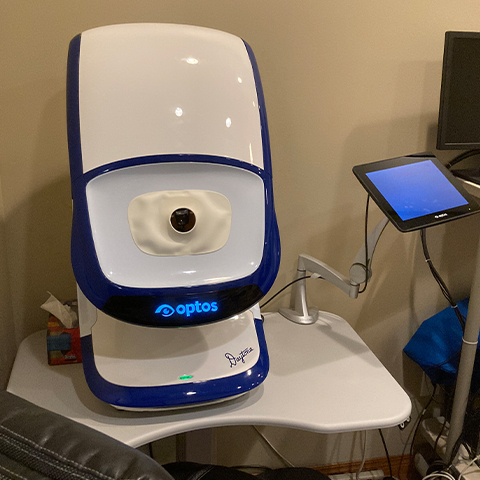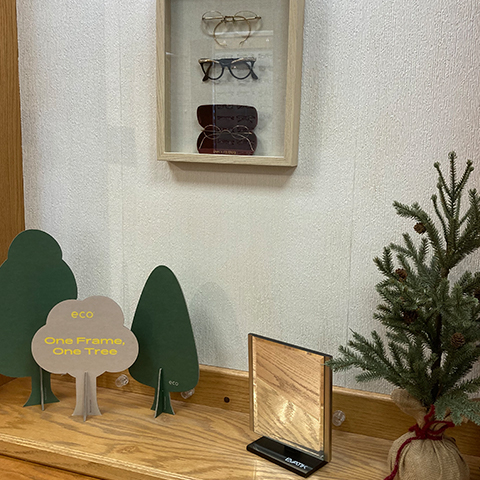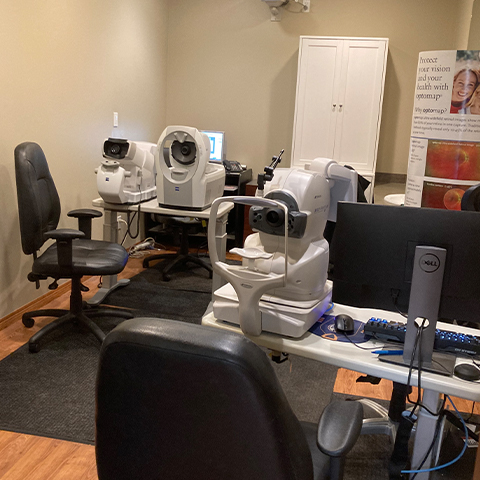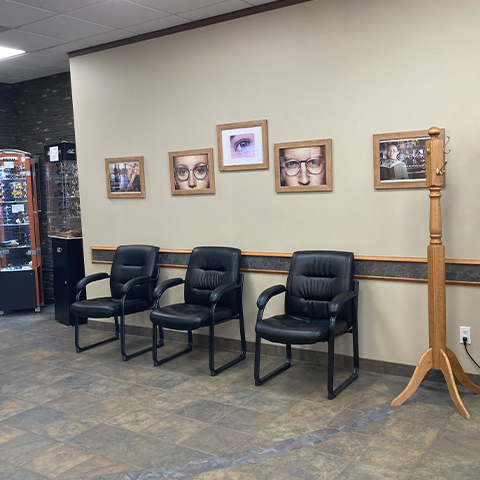Success Begins With Sight
Myopia is a growing concern for children around the world, and it’s on the rise in the United States. More than 40% of Americans currently have myopia, and more children are diagnosed daily.
Also known as nearsightedness, myopia makes objects in the distance appear blurry while close-up items remain in focus.
Children’s eye exams are essential—roughly 75% of children with myopia received a diagnosis before the age of 12. Catching the condition early on can help us control it, setting your child up for success in the future.
There is no cure for myopia, but we can slow its progression and make things a little easier for your child. Book their appointment to test for myopia today!
Book AppointmentWhy Controlling Myopia Matters
Proper eyesight is important for learning. Children might struggle to see in school or have a difficult time reading and writing due to poor vision. They may also be slow to develop social behaviors and could be misdiagnosed with behavioral problems.
Language and speech development can also be impacted by myopia. Children learn to speak by watching facial expressions and seeing lips move, so their sight is a key component.
Severe myopia can also lead to more serious conditions later on. The risk of retinal detachment, cataracts, and open-angle glaucoma increases in people with high myopia.
Corrective lenses are needed to correct vision among people with myopia. But, early identification of myopia can help control the condition and slow its progression.
Book your child’s appointment now to test for myopia and other vision conditions.
Book Appointment
Causes of Myopia
Myopia is a refractive error that develops during childhood and throughout the teenage years. Vision usually stabilizes around age 20.
Normally, light enters the eye and gets focused on the retina, traveling through the optic nerve and to the brain, which interprets the signals. People with myopia have either an eyeball that is too long or a cornea that is too curved, causing light to focus improperly on the retina and making far objects appear blurry.
There is no definitive answer as to the causes of myopia, but it can be hereditary. Also, too much time inside focused on close-up work or using screens is also thought to cause the progression of myopia.
We recommend that parents encourage children to spend time outdoors. Studies suggest that time spent outdoors may reduce the risk of developing nearsightedness.
Book an appointment for your child today to learn more about our myopia control methods.
Book AppointmentOur Brands










